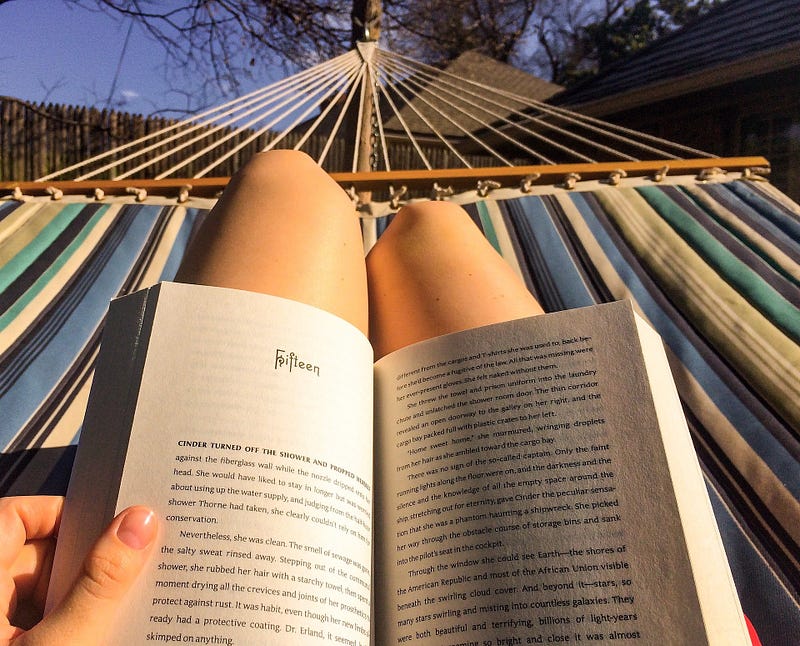Embracing Stillness: The Key to Self-Care and Productivity
Written on
Chapter 1: The Philosophy of Non-Action
The notion of inactivity as a form of self-care is often underestimated. Lao Tzu, a renowned Chinese philosopher, once remarked, “The best way to manage people is to let them act on their whims. The most effective governance occurs when we allow things to unfold naturally.” This philosophy suggests that when individuals are granted the freedom to pursue their own paths, they inherently contribute to societal harmony.
The Taoist principle of “wu wei,” or “effortless action,” posits that we achieve more by not forcing matters and instead aligning ourselves with the natural rhythm of life. As Lao Tzu stated in the Tao Te Ching, “Nature does not rush, yet everything is accomplished.”
Zhuangzi, another esteemed thinker, echoed this sentiment, suggesting that true wisdom comes from relinquishing rigid notions. He illustrated this with the metaphor of a fish trap: “The trap exists because of the fish; once the fish is caught, the trap is forgotten. Words exist for meaning; once meaning is grasped, the words fade away. Where can I find someone who has forgotten words, so I may converse with him?” This emphasizes that genuine understanding emerges from a state of openness and release.
Confucius also acknowledged the value of non-action, stating, “Wisdom can be acquired in three ways: through reflection, which is the noblest; through imitation, which is the simplest; and through experience, which is often the most painful.” This philosophy suggests that true effectiveness arises from harmonizing with the natural order rather than exerting control.
By allowing ourselves moments of stillness, we create space for intuition to surface. This pause from incessant activity opens the door for joy and creativity to flow into our lives. If we remain perpetually engaged, we risk missing this vital inner space.
However, it’s crucial to clarify that “doing nothing” does not equate to laziness or lack of productivity. Instead, it involves stepping back from the constant demands of life to allow our minds and bodies to rest and rejuvenate.
Research supports the idea that regular breaks, along with practices like meditation, yoga, and simply spending time in nature, can significantly enhance our mental and physical health.
Moreover, one of the most profound advantages of embracing stillness is its power to unleash creativity. The visionary Buckminster Fuller once stated, “You cannot change things by battling the existing reality. To enact change, create a new model that renders the old one irrelevant.” Sometimes, the best way to innovate is to step away from our tasks and let our minds wander.
When you find yourself feeling overwhelmed, consider the words of playwright Oscar Wilde: “I can resist anything except the urge to work.” Yet, it’s essential to resist that compulsion, if only momentarily. Grant yourself the permission to engage in “doing nothing,” and you may be astonished by the outcomes.
Ultimately, embracing stillness is not a flaw; it’s a vital form of self-care, allowing us to recharge and return with renewed vigor. So, indulge in those breaks, savor those quiet moments, and relish the art of doing nothing. Your mind and body will express their gratitude in ways you might not expect.
Ironically, integrating more moments of stillness into your routine could lead to your most productive phase yet.

Chapter 2: The Impact of Stillness on Creativity
This video explores 15 effective self-care strategies to uplift your mood, especially during challenging times.
In this video, discover 10 essential self-care habits that contribute to sustained well-being and happiness.